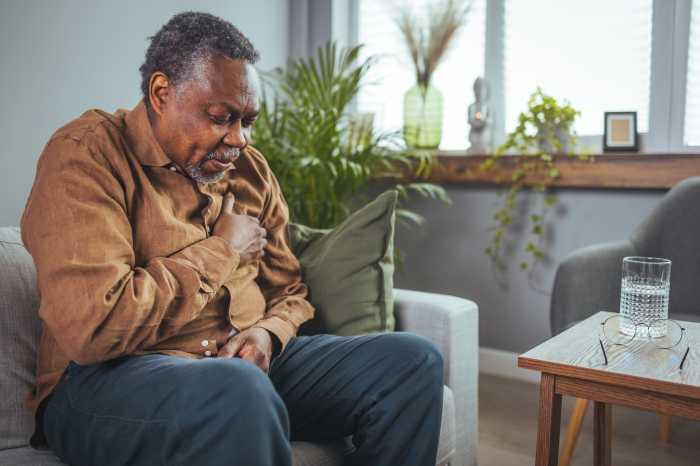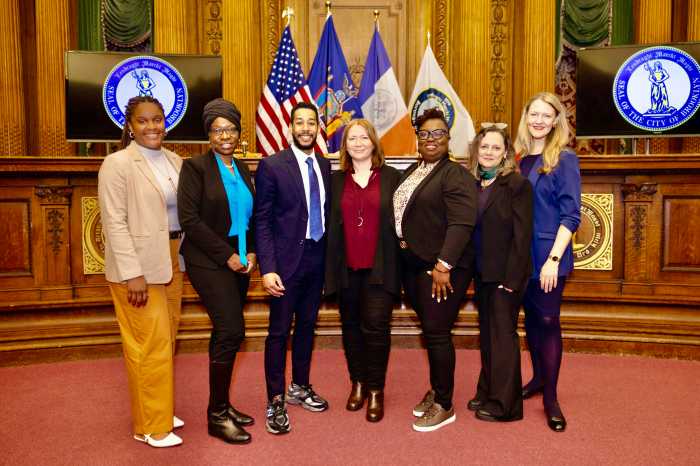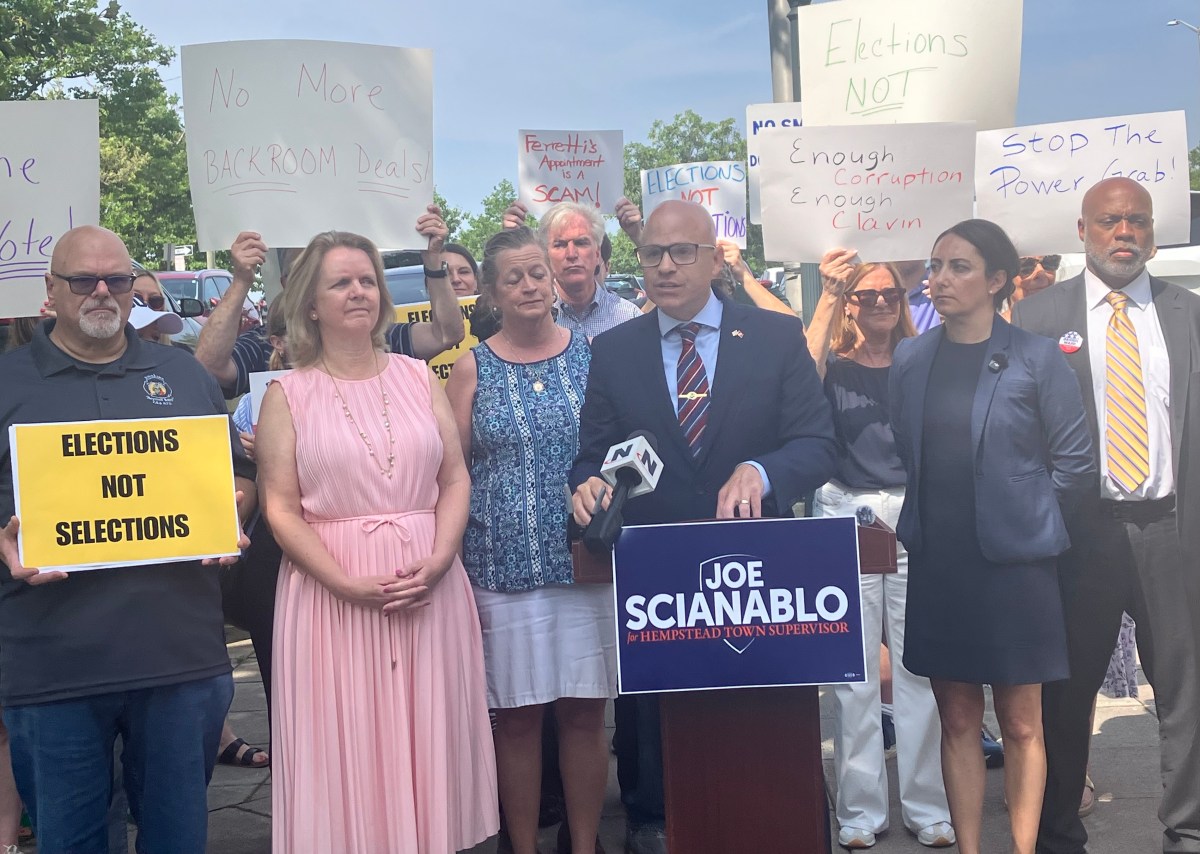“Dead Wrong: How Psychiatric Drugs Can Kill Your Child,” is the latest in a series of award-winning documentaries from the Citizens Commission on Human Rights (CCHR, at www.cchr.org), a watchdog group founded by the Church of Scientology.
The film combines the testimony of doctors and health experts, with the heartbreaking stories of parents whose children were damaged, committed suicide, or died of other side effects from so-called “safe” psychiatric drugs.
It tells the story through the viewpoint of Celeste Steubing, whose eighteen year old son Matthew committed suicide, after eight weeks on a psychiatric drug. Like so many others, Celeste believed the psychiatrist’s claims, the drug maker’s advertising. She listened to the “experts.”
Celeste learned too late that the side effects of such drugs, listed on sites like www.drugs.com/pdr and www.cchrint.org/psychdrugdangers, or on the mandated inserts in drug packages include increased violence, suicidal tendencies, physical complications, and even death.
When a parent is approached by a psychiatrist or even a school counselor with the claim that their child has “Attention Deficit Hyperactivity Disorder” (“ADHD”), the parent is naturally alarmed. They may feel they have been told their child has an incurable disease. The parent wants to do the right thing. They may be told the solution is drugs, and they may believe it.
Any parent who receives the information in “Dead Wrong,” is more likely to resist being scared into giving potent and dangerous drugs. Instead, parents should become as well informed as possible.
Besides knowing the side effects of these drugs, they should know that there is serious division among experts as to whether ADHD even exists. They should know that unlike normal “diseases,” there are no chemical or clinical tests for ADHD or any psychiatric “disorder.” And that the claim that your child’s difficulty in school is the result of a “chemical imbalance” is strictly an opinion, not the result of any scientific test or facts.
While the parent is getting more information, they should also make a list of options. If you are willing to do your homework, many solutions to “troublesome” behavior can be found in your own backyard. CCHR suggests checklisting these things to look into:
School or Social Environment? This may be where your child’s trouble seems most pronounced, so why not start there. Have you gone to observe the classes? Have you reviewed the curriculum? Go see the school administrator or the teacher who filed the initial report on your child. Ask the hard questions, but also see for yourself. Is your child being bullied? Are there children or adults outside the classroom who belittle your child?
Home? This is a sensitive area but it is vital that you be honest with yourself about these questions. Are there stressful elements within the family – sibling rivalries, parental fighting, divorce, abuse, etc.? Does you child watch a lot of violent TV or video games? Have you worked on getting everyone to voice their issues, solve their differences through communication?
Diet and Nutrition? More and more evidence is leading professionals to see that poor diet and lack of exercise can have emotional and behavioral consequences. A diet loaded with sugar, for example, can make a child hyperactive and create “symptoms” normally associated with ADHD. So can lead poisoning.
Likewise, vitamin deficiencies can cause a host of symptoms. Although there are different schools of thought, most health professionals will agree on the basics of a healthy diet, exercise, and outdoor sports or activities.
Underlying physical illness? The possibility exists that your child has some form of undiagnosed PHYSICAL problem (such as allergies, parasites, or even poor eyesight or hearing) that is influencing behavior. Ask your pediatrician to look for these things.
A thorough medical checkup might expose some hidden causes that need attention. There may even by structural problems that are causing unexpressed pain that may impact behavior.
“Dead Wrong,” and the heart-rending stories told by the mothers in the film, parents will realize for a start that THEY are the experts on their children, and that they know them better than anyone.
For more information, including a presentation or showing of the video to groups, contact CCHR New York at 646-222-9102, or email them at cchrnyc@gmail.com.
Verlene Cheeseboro is an education activist, director of special affairs at the Church of Scientology of Harlem, and advisor to the Citizens Commission on Human Rights New York.



















